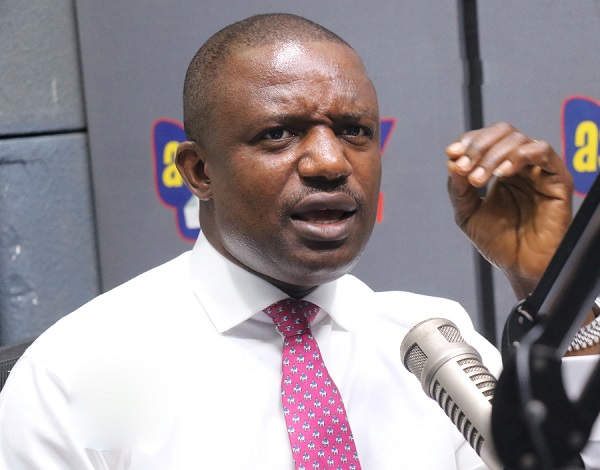adverts
Energy Minister-designate John Abdulai Jinapor has announced a six-month timeline to develop a comprehensive framework for private sector participation in the operations of the Electricity Company of Ghana (ECG).
This initiative aims to boost efficiency and improve power distribution across the country.
During his vetting before Parliament’s Appointments Committee on Monday, January 13, Mr. Jinapor outlined a strategic plan involving the establishment of a seven-member committee.
adverts
The committee will include technical experts, legal professionals, financial analysts, industry stakeholders, and consumer representatives to ensure a holistic and transparent approach.
“We believe there should be private sector participation. What we intend to do is to form a seven-member committee, comprising technical experts, legal minds, financial analysts, industry players, and even a consumer representative,” he stated.
The committee will evaluate global best practices and recommend whether a concession model or full privatisation is better suited for ECG’s operations.
Mr. Jinapor stressed the importance of transparency and avoiding political interference in the process. The proposed framework will include:
- Competitive Tendering: Instead of sole-sourcing, the government will implement an open and competitive tender process to select private sector partners.
- Local Content Emphasis: The framework will prioritise Ghanaian expertise and resources to maintain local relevance.
- Key Performance Indicators (KPIs): These will ensure accountability and track progress in service delivery.
“My target is to push for six months, but I do not want to stampede the committee. However, give or take, within this year, we should complete the framework,” he assured.
Mr. Jinapor acknowledged past challenges with ECG concessions, referencing lessons learnt to refine the current approach.
He emphasised that the government is committed to ensuring that any private sector involvement aligns with national interests and delivers measurable benefits to Ghanaians.
“Once we get the buy-in of Ghanaians, we can proceed with a request for proposal (RFP) or competitive tender process. Our approach ensures we incorporate private sector expertise while safeguarding national interests,” he noted.
The minister-designate also highlighted broader challenges in the energy sector, including a growing debt burden that has now reached $3 billion.
He reiterated the urgency for reform, linking private sector participation in ECG to a larger effort to stabilise the energy sector’s financial health and improve service delivery.


